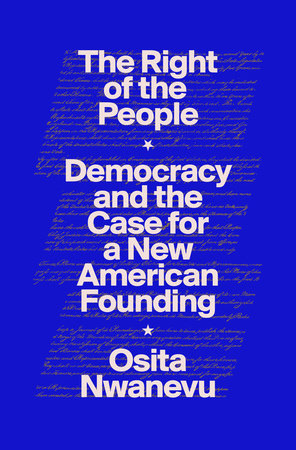AR: Unlike the plethora of writing about American legal-political institutions, your book begins with first principles. It starts by telling us what the concept means and defending it as a matter of political philosophy. Why did you decide to return to first principles? And what is democracy?
ON: I decided to return to first principles because I was bored. I was covering politics for ten years, kind of day in, day out, responding to the news cycle: Donald Trump did this. Democrats did that. And you’re very rarely given the opportunity to think back to what the underlying purpose of politics is, the values that we want society to uphold and reflect. And it seemed to me that the concept of democracy was a central issue.
Donald Trump won in 2016 with an Electoral College victory rather than a popular vote victory. It was the second time in twenty-five years that that happened. I remember in second grade following as close as I could as a second grader in the 2000 election and knowing that there was a kind of basic unfairness at work, at least from my perspective. And George Bush won that election over Al Gore, who won the popular vote. That feeling, I think, returned for a lot of Americans after 2016. Obviously we saw the effort to overturn the 2020 election, we saw January 6. Democracy became this live concept that people were invoking. And I also found that as I covered the Democratic primary in 2020, I kept having to say—whether it was on Medicare for All or the Green New Deal or immigration reform, whatever policy happened to be—that Democrats were very unlikely to pass parts of this agenda given the structural features of our system, despite the broad public support you had for a lot of these policies.
In response to pointing these things out, you’d often hear from conservatives saying, “Well, you know, we’re actually a republic and not a democracy, and so there should be this gap between what the public wants on health care policy or immigration policy or climate policy, and what actually happens.” I wanted an opportunity to respond to those arguments. So in all these kinds of ways, I felt like there was occasion to return to the first principles here, to think through what democracy is, and use that definition to make analysis of our political system and our political situation.
The definition I came to by reading a lot of very dusty and dry texts that I don’t know I would recommend people who are not academics was that democracy is a system in which the governed govern. So the responsibility of governance, the power of governance, is not given over to some higher, arbitrary authority like a king or a class of oligarchs. People who are themselves subject to governance do the governing or, in Lincoln’s formulation, government of, by, and for the people. That is the core of what democracy is.
